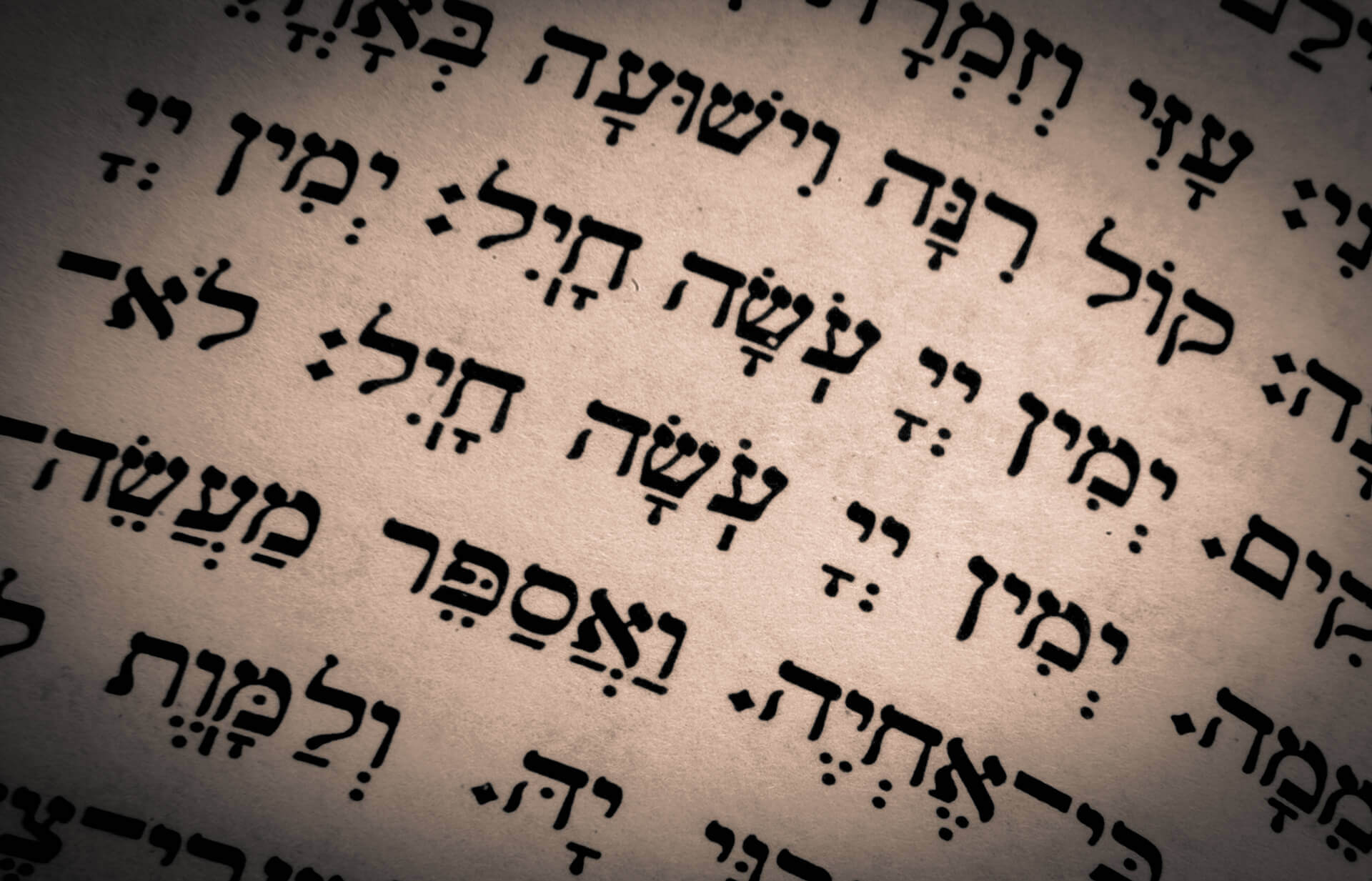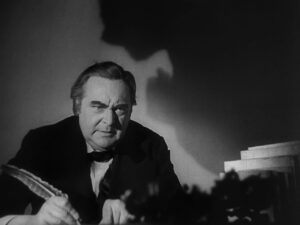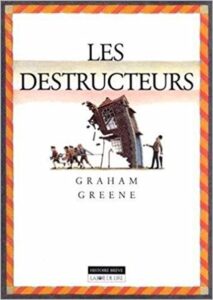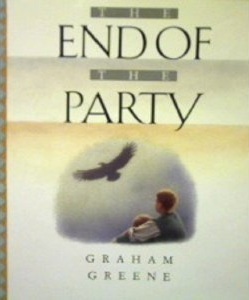The Rich Hebrew Tradition: 20 best Hebrew Short Stories
Hebrew literature boasts a captivating array of short stories that reflect the rich cultural heritage and literary tradition of the Jewish people. From ancient biblical tales to modern narratives, Hebrew short stories have enthralled readers with their depth, symbolism, and exploration of human experiences. These 20 best Hebrew short stories serve as a testament to the enduring power of storytelling and the profound impact of literature on our understanding of the human condition.

Rooted in a history dating back thousands of years, Hebrew short stories offer glimpses into the diverse and complex tapestry of Jewish life, history, and spirituality. They illuminate the struggles, triumphs, and existential questions faced by individuals and communities throughout different periods. From the biblical narratives that delve into themes of faith, morality, and redemption to the contemporary works that grapple with modern-day challenges, Hebrew short stories have evolved while retaining their cultural and historical significance.
Hebrew literature has been shaped by the experiences of the Jewish people, encompassing periods of exile, diaspora, persecution, and renewal. It reflects the collective memory, values, and aspirations of a vibrant and resilient community. The language itself, Hebrew, carries with it a deep symbolic and spiritual weight, adding an additional layer of meaning to these literary works.
In this article, we will delve into the world of Hebrew short stories, showcasing twenty exemplary works that highlight the beauty and complexity of this literary genre. These stories, written by renowned authors spanning different eras and styles, offer glimpses into the human condition, exploring themes such as love, loss, identity, spirituality, and the enduring search for meaning. Through their evocative narratives and profound insights, Hebrew short stories provide readers with an opportunity to engage with timeless themes and contemplate the universal aspects of the human experience.
If you want to read some interesting short stories, I would also ask you to consider “A White Heron” and or the list of 10 best murder mystery short stories which are
“The Metamorphosis” by S. Y. Agnon
Experience the transformative power of “The Metamorphosis,” a remarkable Hebrew short story by S. Y. Agnon. Through his masterful storytelling, Agnon explores the profound themes of personal change and the collective Jewish experience. With rich symbolism and captivating prose, Agnon takes readers on a journey that delves into the depths of identity, faith, and self-discovery. “The Metamorphosis” stands as a shining example of the literary prowess found within Hebrew short stories, inviting readers to reflect on the universal aspects of transformation and the intricate interplay between individual lives and historical contexts.
“Lies, First Person Singular” by Etgar Keret
Etgar Keret’s “Lies, First Person Singular” is a compelling collection of Hebrew short stories that captivates readers with its blend of humor, surrealism, and thought-provoking narratives. Keret’s distinctive style breathes life into his characters, exploring the intricacies of human relationships and the search for personal truth. With a keen eye for social commentary, Keret’s stories within this collection tackle contemporary Israeli society, shining a light on the complexities and absurdities of everyday life. “Lies, First Person Singular” exemplifies the creativity and diversity that Hebrew short stories offer, enticing readers with its unique blend of wit, imagination, and emotional depth.
“The Lover” by Shai Agnon
Shai Agnon’s “The Lover” is a timeless Hebrew short story that beautifully intertwines themes of love, faith, and self-discovery. Set against the backdrop of early 20th-century Jerusalem, Agnon’s evocative prose transports readers into a world where desire and spirituality collide. Through complex characters and vivid imagery, Agnon explores the depths of the human heart, inviting readers to contemplate the complexities of personal relationships and the search for authenticity. “The Lover” stands as a testament to the power of Hebrew short stories to capture the essence of human emotions and the timeless quest for love and meaning.
“The King of Flesh and Blood” by Aharon Appelfeld
Aharon Appelfeld’s “The King of Flesh and Blood” is a haunting Hebrew short story that delves into the profound impact of the Holocaust on individual lives. Through poetic language and poignant imagery, Appelfeld navigates the realms of suffering, resilience, and the search for meaning in the face of unimaginable tragedy. With its raw emotional power, “The King of Flesh and Blood” reflects the enduring strength of Hebrew short stories to explore the darkest aspects of history and humanity. Appelfeld’s masterful storytelling captivates readers, leaving an indelible impression and reminding us of the importance of remembrance and understanding.
“Face to Face” by Amos Oz
Amos Oz, a celebrated Israeli author, presents “Face to Face,” a captivating Hebrew short story that delves into the complexities of human relationships. Through his rich and introspective prose, Oz explores themes of identity, self-discovery, and the intricate dynamics that shape our connections with others. With a keen understanding of the human condition, Oz invites readers to reflect on the multifaceted nature of personal interactions and the longing for authenticity in a rapidly changing world. “Face to Face” exemplifies the power of Hebrew short stories to touch the depths of our emotions and offer profound insights into the intricacies of human connection.
“The Policeman’s Beard is Half Constructed” by R. A. Lafferty
R. A. Lafferty’s “The Policeman’s Beard is Half Constructed” is a captivating Hebrew short story that blends elements of Hebrew mysticism and science fiction. Within the whimsical narrative, Lafferty weaves a tale that challenges conventional notions of reality and invites readers to explore the boundaries of imagination. With its unique blend of genre-bending storytelling and philosophical depth, “The Policeman’s Beard is Half Constructed” stands as a testament to the creative possibilities within Hebrew short stories. Lafferty’s thought-provoking work offers readers a delightful journey that pushes the boundaries of the ordinary and expands the horizons of the mind.
“The Smell of Flesh” by Meir Shalev
Immerse yourself in the evocative landscapes of the Israeli countryside with Meir Shalev’s “The Smell of Flesh“, a compelling Hebrew short story that captures the essence of a unique setting. Shalev’s vivid descriptions and rich characterizations transport readers to a world teeming with sensory experiences and profound emotions. As readers follow the lives of Shalev’s characters against this backdrop, they are invited to contemplate the intricate relationships between people, land, and heritage. “The Smell of Flesh” showcases the power of Hebrew short stories to evoke a strong sense of place and to delve into the complexities of human connections in the midst of natural beauty.
“The Blue Mountain” by Gail Hareven
Gail Hareven’s “The Blue Mountain” is a mesmerizing Hebrew short story that delves into the complexities of familial relationships. Set against the backdrop of Jerusalem, Hareven’s narrative weaves together past and present, exploring themes of love, betrayal, and the enduring ties that bind families together. With her insightful exploration of human emotions and her poignant portrayal of the human condition, Hareven captivates readers, immersing them in the rich tapestry of family dynamics. “The Blue Mountain” exemplifies the ability of Hebrew short stories to delve into the complexities of interpersonal connections, offering readers a deeply resonant and unforgettable literary experience.
“Under This Blazing Light” by Amalia Kahana-Carmon
Amalia Kahana-Carmon’s “Under This Blazing Light” is a powerful Hebrew short story that explores themes of female empowerment and identity. Through her nuanced storytelling, Kahana-Carmon presents an intimate portrayal of women navigating societal expectations and personal desires. Her vibrant characters and lyrical prose shed light on the challenges and triumphs of female experience, capturing the essence of women’s lives with sensitivity and depth. “Under This Blazing Light” stands as a testament to the ability of Hebrew short stories to give voice to marginalized perspectives and to celebrate the resilience and strength of women in the face of societal constraints.
“The Diving Bell” by David Grossman
David Grossman‘s “The Diving Bell” is an emotionally charged Hebrew short story that explores the depths of love and resilience. Through lyrical prose and profound symbolism, Grossman creates an unforgettable narrative that examines themes of loss, grief, and the indomitable spirit of the human soul. With his keen insight into the human condition, Grossman invites readers to embark on a deeply introspective journey, contemplating the complexities of human emotions and the transformative power of love. “The Diving Bell” stands as a testament to the ability of Hebrew short stories to touch the hearts of readers, offering solace, understanding, and a renewed appreciation for the beauty of the human experience.
 “The Sabbath” by Abraham B. Yehoshua
“The Sabbath” by Abraham B. Yehoshua
Abraham B. Yehoshua’s “The Sabbath” is a profound Hebrew short story that delves into the complexities of religious faith and personal identity. Through his richly drawn characters and introspective narrative, Yehoshua explores the nuances of observance and the interplay between tradition and modernity. “The Sabbath” stands as a testament to the enduring significance of Hebrew short stories in capturing the intricacies of religious and cultural experiences, inviting readers to reflect on the ways in which individuals navigate the tensions between tradition and personal freedom.
“At Night” by A.B. Yehoshua
In “At Night“, A.B. Yehoshua crafts a captivating Hebrew short story that explores themes of solitude, self-reflection, and the enigmatic nature of human existence. Yehoshua’s lyrical prose delves into the depths of the human psyche, inviting readers to contemplate the mysteries of life that unfold under the cover of darkness. “At Night” exemplifies the power of Hebrew short stories to delve into the realms of introspection and philosophical inquiry, leaving readers with lingering questions about the nature of identity and the transient nature of our human experiences.
“The Bus Driver Who Wanted to Be God” by Etgar Keret
Etgar Keret’s “The Bus Driver Who Wanted to Be God” is a whimsical and thought-provoking Hebrew short story that blends humor, surrealism, and social commentary. Through Keret’s distinctive storytelling style, he invites readers to question societal norms and explore the complex tapestry of human desires and aspirations. “The Bus Driver Who Wanted to Be God” showcases Keret’s ability to craft engaging narratives that challenge our perspectives and invite us to reflect on the complexities of the human condition.
“The Locked Garden” by Savyon Liebrecht
Savyon Liebrecht’s “The Locked Garden” is a poignant Hebrew short story that delves into themes of love, loss, and the human capacity for healing. Through her evocative prose, Liebrecht navigates the depths of emotional turmoil and the power of human connections to nurture and restore. “The Locked Garden” stands as a testament to the emotional resonance of Hebrew short stories, offering readers a glimpse into the intricate web of relationships and the transformative power of compassion and understanding.
“The Fallen Angel” by Yehuda Amichai
Yehuda Amichai’s “The Fallen Angel” is a beautifully crafted Hebrew short story that explores themes of love, spirituality, and the inherent contradictions of the human experience. Through poetic language and vivid imagery, Amichai invites readers into a world where earthly desires intertwine with celestial aspirations. “The Fallen Angel” reflects Amichai’s ability to capture the complexities of human emotions and the timeless struggle between our earthly longings and our yearning for transcendence.
“The Hermit and the Rooster” by Leah Goldberg
Leah Goldberg’s “The Hermit and the Rooster” is a charming Hebrew short story that enchants readers with its whimsical narrative and timeless wisdom. Through the relationship between the hermit and the rooster, Goldberg explores themes of solitude, companionship, and the pursuit of inner peace. “The Hermit and the Rooster” exemplifies the ability of Hebrew short stories to convey profound truths through simple yet profound storytelling, leaving readers with a sense of wonder and a deeper appreciation for the human quest for meaning.
“A Simple Story” by Shmuel Yosef Agnon
Shmuel Yosef Agnon’s “A Simple Story” is a masterful Hebrew short story that captures the intricate tapestry of human existence. Through his vivid characters and richly detailed narrative, Agnon explores themes of love, faith, and the complexities of personal relationships. “A Simple Story” showcases Agnon’s remarkable storytelling prowess, drawing readers into a world where ordinary lives are imbued with extraordinary depth and meaning. It stands as a testament to the enduring power of Hebrew short stories to illuminate the complexities of the human condition and leave a lasting impact on readers.
“Before Dawn” by Haim Be’er
Haim Be’er’s “Before Dawn” is a haunting Hebrew short story that explores the depths of human emotions in the face of life-altering events. Through his lyrical prose and nuanced characterizations, Be’er delves into themes of loss, grief, and the indomitable spirit of resilience. “Before Dawn” stands as a testament to the power of Hebrew short stories to capture the essence of human experiences, reminding readers of the profound strength that can be found in the darkest of moments.
“Confessions of a Good Arab” by Sayed Kashua
Sayed Kashua’s “Confessions of a Good Arab” is a poignant and thought-provoking Hebrew short story that delves into issues of identity, cultural assimilation, and the complexities of belonging. Through the lens of the protagonist’s internal struggles, Kashua offers a searing critique of society’s expectations and challenges prevailing stereotypes. “Confessions of a Good Arab” exemplifies the ability of Hebrew short stories to confront societal taboos and shed light on the multi-layered experiences of individuals caught between cultural boundaries.
“The Girl on the Fridge” by Etgar Keret
Etgar Keret’s “The Girl on the Fridge” is a collection of short stories that showcases his unique blend of humor, absurdity, and profound insights into the human condition. Through his minimalist style, Keret crafts narratives that touch on themes of love, loss, and the existential dilemmas of everyday life. “The Girl on the Fridge” stands as a testament to the versatility of Hebrew short stories, offering readers a delightful and thought-provoking journey into the whimsical and sometimes surreal world created by Keret’s imagination.
Conclusion on Hebrew short stories
Hebrew short stories are a testament to the enduring power of storytelling and the profound impact of literature on our understanding of the human experience. From the works of literary giants like S. Y. Agnon and Amos Oz to the contemporary voices of Etgar Keret and Meir Shalev, Hebrew short stories continue to captivate readers with their depth, symbolism, and exploration of universal themes. Whether it is the complexities of personal relationships, the exploration of identity, or the scars left by historical traumas, Hebrew short stories offer a rich tapestry of narratives that resonate with readers across cultures and generations.




